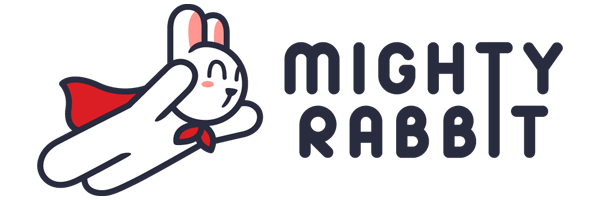Nursing past your baby's first birthday is known as extended breastfeeding. In many countries, it's considered normal, healthy, and common.
However, some people in the United States frown on the practice for cultural reasons. So if you choose extended breastfeeding for your baby, be prepared for rude comments or curious stares.
However, there are significant benefits to extended breastfeeding, so don't let others pressure you to stop. Instead, consider the pros and cons, then do what feels right for you.
What are the pros of extended breastfeeding?
Even though your child now gets most of his nutrition from solid food, breast milk still provides calories, growth hormones, valuable immunities, vitamins, and enzymes. Studies show that breastfeeding toddlers are sick less often than their peers.
When a child gets sick, breast milk may be the only thing he'll consume. This helps him stay hydrated and boosts his immune system.
Breastfeeding is good for your health too. When compared to women who never breastfed, nursing women have lower rates of diabetes, cardiovascular disease, and high blood pressure.
As your child becomes more self-reliant, breastfeeding can be an important source of reassurance and emotional support. The strong connection your child feels with you while nursing will foster independence, not make him overly dependent or clingy, as some may have you believe.
Sometimes people think weaning a child sooner helps him develop a strong sense of self-worth and independence, says Kathleen Huggins, author of The Nursing Mother's Companion. But forcing a child to stop nursing before he's developmentally ready won't necessarily create a more confident child – it could even make him more clingy.
If you travel and stay overnight in unfamiliar places, the comfort of your breast may be the best way to ease your child's fears and make him feel more secure.
You may be able to delay getting your period for a year or more an advantage for anyone who dreads the thought of dealing with cramps and bloating again. (But remember that nursing isn't an effective form of birth control, especially after you introduce solids and are probably breastfeeding less often.)
Continued breastfeeding may help to keep your weight in check. Some research shows that breastfeeding combined with a healthy diet and exercise may keep you trimmer for years to come.
Weaning your child when he's ready feels more natural and less abrupt than picking an arbitrary end point.
What are the cons of extended breastfeeding?
People who think nursing an older child is strange may make rude comments or criticize. You may prefer to be more cautious about breastfeeding in public if you want to avoid the remarks. This can be difficult if your toddler habitually lifts up your shirt in public and asks for a quick snack.
Some people say it's harder to wean a child after the first year. Many mothers are nervous about trying to wean a stubborn 2-year-old or allowing a toddler to wean on her own timetable. You can wean your child any time, of course, but if you take the lead, you might have to work to distract your child with other food, drink, and activities when she wants to nurse.
Your child may start to rely on the breast when she's bored or feels like it's the only way to get your attention.
Nursing a toddler when you have another baby on the way is possible and safe, but some women find the very idea overwhelming.
How can I make extended breastfeeding work for me?
If you're bothered by unsolicited comments and stares, nurse your child at home before heading out to the store or the park. Some moms prefer nursing at set times during the day – like in the morning, before naps, or before bed – and have their toddlers drink from a cup during meals and snacks.
If you don't care what people think or say, then have some snappy responses ready when someone asks you the inevitable question: "Is he still nursing?" Sometimes a simple "yes" is the best conversation stopper. Or, the next time you're nursing in public and someone asks, "Are you ever going to stop breastfeeding?" you could say, "Yes, in about 10 minutes."
If your child seems to be nursing out of boredom or to get your attention, engage him in other ways. Toddlers are eager to explore the world and need stimulation to fuel their rapid development.
Teach your child a code word to use when he wants to nurse, so that when he wants to feed in the middle of a restaurant, no one will pay any attention.
Take care of yourself. Eat a diet that includes lots of fresh fruits and vegetables, protein, whole grains, and calcium-rich foods. To stay hydrated, drink a glass of water every time you breastfeed. And if you're not sure you're getting all the nutrition you need, talk to your healthcare provider or a dietitian.
When breastfeeding beyond the first year, be sure your toddler is also eating nutritious, well-balanced meals so that he continues to grow at a healthy rate. And if your toddler goes through a picky phase with food, don't worry - he'll get lots of valuable nutrients from your breast milk.
If you're pregnant and want to keep nursing, be prepared for your milk supply to ebb as your hormone levels change. You might produce less milk as your body starts redirecting resources toward the developing fetus, and the taste of your milk may change. But many women succeed in nursing an infant and a toddler when pregnant – it just takes extra time and energy, so you'll need to be doubly sure you're eating the right foods and drinking enough fluids.





